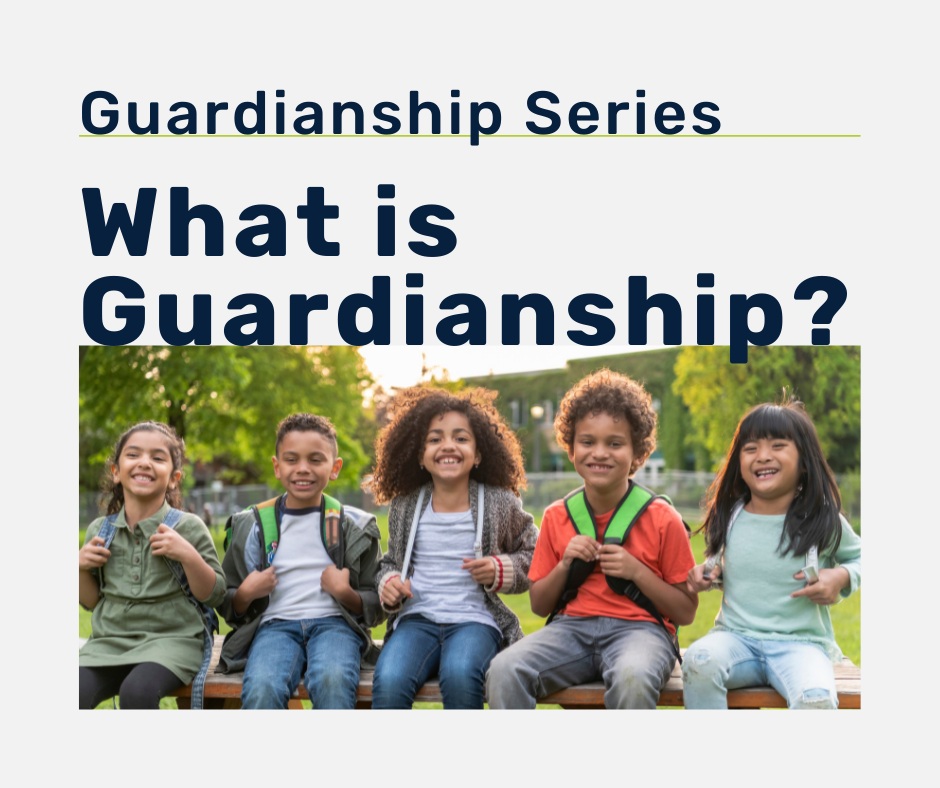Please note that this information will vary by state, so this blog is specific to CO.
Many parents with a child with special needs explore guardianship. However, guardianship is not the only option. In fact, guardianship is the most restrictive choice.
In this blog, we’ll talk about the guardianship process, roles, and responsibilities of a guardian. Your decision to pursue guardianship is based on the supported individual’s abilities, family support, and situation.
Guardianship is a legal process that removes decision-making rights from the person with I/DD. However, the process of guardianship applies to any individual, not just someone with an I/DD diagnosis. For example, this is the same process you may need to follow to help care for aging parents. To become a guardian, you will have to go to the courts and apply for guardianship. You will have to prove to the courts that the individual cannot make decisions on their own, even with the help of less restrictive measures, including natural supports or an assistive technology (C.R.S. 15-14-311).
While you don’t need a lawyer to submit the paperwork, in some situations it may be helpful. In the guardianship application, you will need a doctor’s letter validating the individual’s inability to make decisions. The paperwork will have to be submitted to the appropriate court (varies by county).
The process can be a bit overwhelming because there are many small tasks. It may be helpful to take a class that reviews the paperwork with you. Developmental Pathways offers this throughout the year as do many of our community partners.
A few things to keep in mind:
- You cannot apply for guardianship before the individual is 18. Once you submit the paperwork, it will likely take several months to get a hearing date.
- There will be a list of “interested parties” identified in the application that you will have to notify. You will also need to tell your child/loved one that you are pursuing guardianship.
- The courts will do their due diligence and send out a court visitor, typically a social worker, to meet with the individual.
- As a guardian, you will need to submit an annual report to the court.
Being a guardian does NOT extend the rights and responsibilities you have as a parental figure. You will always be mom, dad, grandma, etc. Guardianship is another hat you will have to wear.
As a guardian, the individual doesn’t have to live with you, and you are not responsible for funding their daily life. However, you are responsible for making decisions around three key areas: medical, financial, and I/DD services. There are many myths around the responsibilities of a guardian—we’ll dive into those next week!
To learn more:

